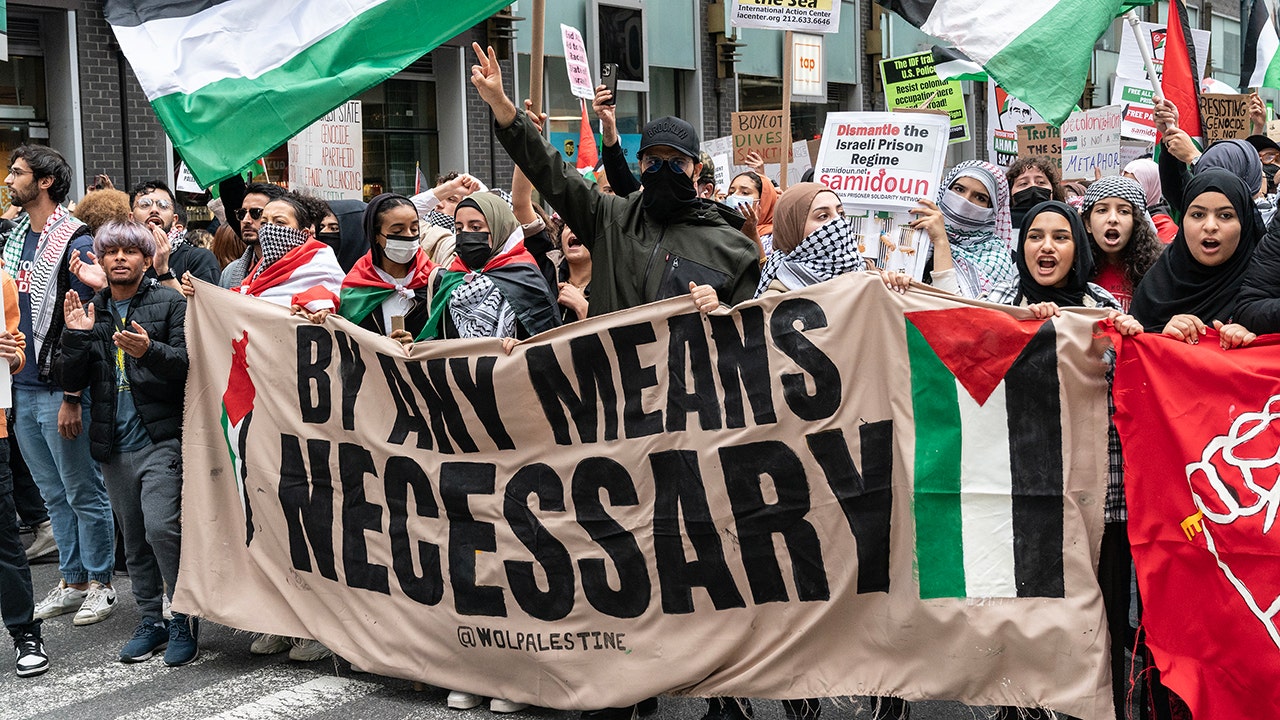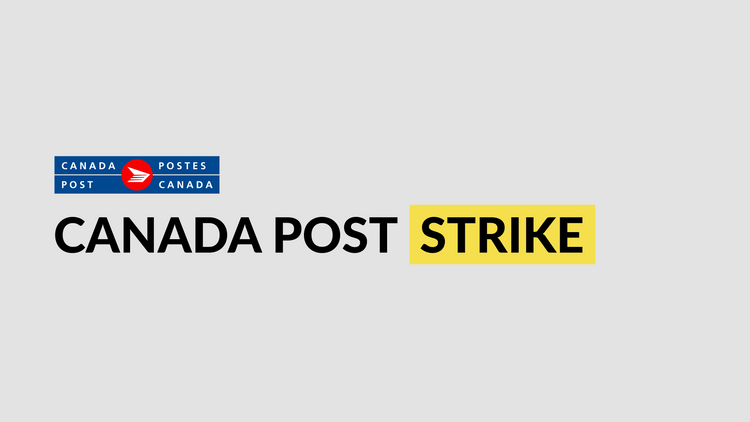Microsoft Email Controversy: "Palestine" Keyword Blocked Following Protests

Table of Contents
The Incident: How the "Palestine" Keyword Block Occurred
The blocking of the "Palestine" keyword in Microsoft email services came to light [insert date] when numerous users reported their emails containing the word "Palestine" being flagged, delayed, or outright blocked. The discovery spread rapidly through social media, with users sharing screenshots of blocked emails and expressing outrage at what they perceived as censorship. There was no initial official statement from Microsoft acknowledging the issue, fueling speculation and anger.
-
Timeline of Events:
- [Insert Date]: Users begin reporting issues with emails containing the word "Palestine."
- [Insert Date]: News outlets begin reporting on the growing controversy.
- [Insert Date]: [Mention any significant online protests or social media campaigns].
- [Insert Date]: Microsoft [if applicable, mention any official statement or acknowledgement].
-
Examples of Affected Emails: Reports suggested that not just the word "Palestine" itself but also phrases like "State of Palestine" and email addresses containing variations of the word were affected. [Insert specific examples if available, citing sources].
Microsoft's Response and Explanations
Following the widespread public outcry, Microsoft [insert details of their response, if any]. Their initial explanation [insert Microsoft’s explanation here, if available]. However, this explanation [analyze Microsoft’s statement, highlighting any inconsistencies or lack of clarity]. Many critics argued that [summarize counterarguments to Microsoft’s explanation].
- Key Points from Microsoft's Statements:
- [List bullet points summarizing Microsoft's official response and any subsequent statements].
- Counterarguments:
- [List bullet points summarizing the criticisms of Microsoft's response and explanation].
The Protests and Public Reaction
The blocking of the "Palestine" keyword triggered immediate and widespread protests. Online campaigns on platforms like Twitter and Facebook utilized hashtags such as [#Palestine], [#MicrosoftCensorship], and [#FreeSpeech]. [Mention any significant offline protests or rallies]. The protests highlighted concerns about:
-
Freedom of Speech: Protesters argued that the blocking constituted a form of censorship, restricting their ability to freely express their views and share information about Palestine.
-
Algorithmic Bias: Critics suggested that the keyword filter may be biased, unfairly targeting content related to Palestine while potentially overlooking similar keywords associated with other regions or conflicts.
-
Transparency and Accountability: The lack of initial transparency from Microsoft further fueled the outrage, highlighting concerns about the lack of accountability for such decisions.
-
Groups Involved in the Protest:
- [List different groups involved, e.g., human rights organizations, Palestinian advocacy groups, tech activists]. Describe their involvement and perspectives.
Implications for Freedom of Speech and Online Censorship
This incident raises serious concerns about the power of large technology companies to shape online discourse and potentially silence dissenting voices. The blocking of the "Palestine" keyword sets a troubling precedent, suggesting that tech giants can arbitrarily suppress certain keywords and topics without clear justification or accountability. This raises important questions about:
-
The role of tech companies in regulating speech: Should tech companies have the power to filter content in this way, or should the focus be on combating hate speech and misinformation rather than broadly blocking keywords?
-
Algorithmic bias and discrimination: The incident highlights the potential for bias in algorithmic filtering systems, disproportionately impacting certain groups or viewpoints.
-
Legal and ethical considerations: What are the legal and ethical ramifications for tech companies that engage in such practices?
-
Arguments Concerning Freedom of Speech and Censorship:
- [List different arguments for and against Microsoft’s actions].
The Future of Keyword Filtering and Email Services
The "Palestine" keyword controversy is likely to have long-term implications for keyword filtering policies and the trust users place in email service providers. This event may lead to:
-
Increased scrutiny of content moderation practices: Expect greater public and governmental scrutiny on how tech giants manage content moderation, including keyword filtering.
-
Changes to Microsoft's policies: Microsoft may need to review and revise its policies on keyword filtering to address concerns about transparency and fairness.
-
Erosion of user trust: This controversy could erode user trust in Microsoft and other tech giants if similar incidents occur.
-
Potential Future Scenarios:
- [List possible scenarios regarding changes in policies, increased regulation, or shifts in user behavior].
Conclusion: Understanding the Fallout from the "Palestine" Keyword Block
The blocking of the "Palestine" keyword by Microsoft has highlighted the complex interplay between freedom of speech, online censorship, and the power of tech companies. This seemingly small act has ignited a wider discussion about algorithmic bias, transparency, and the role of corporations in shaping online discourse. The incident underscores the need for greater accountability and transparency from tech companies regarding their content moderation practices.
We encourage you to engage further with this issue. Share your thoughts on the controversy, conduct your own research on online censorship and algorithmic bias, and consider contacting Microsoft directly to express your concerns about the "Palestine" keyword blocking and similar issues impacting free speech online. Let's continue the dialogue to ensure a more equitable and transparent online environment.

Featured Posts
-
 Uni Duisburg Essen Mitarbeiterin Gesteht Bestechung Details Zum Skandal
May 24, 2025
Uni Duisburg Essen Mitarbeiterin Gesteht Bestechung Details Zum Skandal
May 24, 2025 -
 Last Minute Deal Canada Post Presents New Offers To Prevent Strike
May 24, 2025
Last Minute Deal Canada Post Presents New Offers To Prevent Strike
May 24, 2025 -
 Public Anger Over Thames Water Executive Bonuses A Detailed Report
May 24, 2025
Public Anger Over Thames Water Executive Bonuses A Detailed Report
May 24, 2025 -
 Jonathan Groffs Just In Time Friends Family And Famous Faces Attend
May 24, 2025
Jonathan Groffs Just In Time Friends Family And Famous Faces Attend
May 24, 2025 -
 Tracking The Net Asset Value Nav Of Amundi Msci World Catholic Principles Ucits Etf Acc
May 24, 2025
Tracking The Net Asset Value Nav Of Amundi Msci World Catholic Principles Ucits Etf Acc
May 24, 2025
